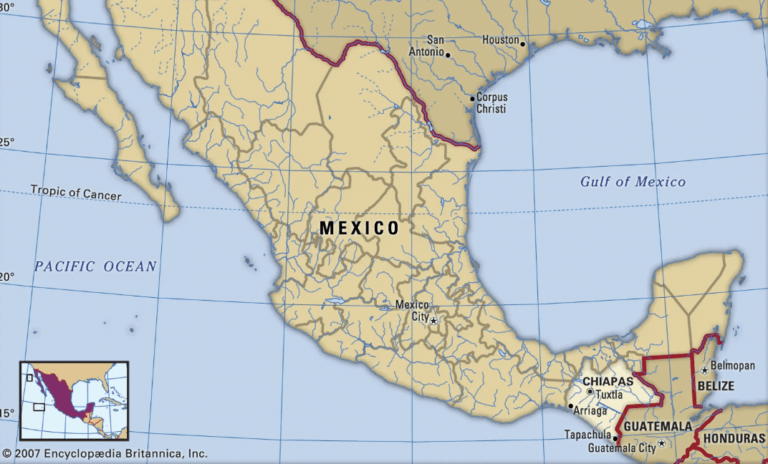The State of Chiapas is located in the south-eastern part of Mexico and shares a border with Guatemala. Tapachula is one of the 118 municipalities in the State, and is mainly subject to transitory migration, although is also a temporary and permanent destination for those seeking better opportunities and to safeguard their lives.

The city of Tapachula was chosen by the Colectivo de Observación y Monitoreo de Derechos Humanos del Sureste Mexicano (Human Rights Observation and Monitoring Collective in Southeast Mexico), the Grupo de Acción para la No Detención de Personas Refugiadas (Advocacy Task Force to End Detention of Refugees), and the Migration Policy Working Group, to host members of the Mexican Congress in order to highlight the rights of migrants and people seeking asylum. This was addressed considering the following four issues:
- the militarisation of borders and migrant controls
- unrestricted access to human rights
- the situation of children, and
- detention due to migration status
Three days of meetings with government actors, United Nations agencies, academia and civil society, as well as visits to detention centres (detention centres or provisional centres), shelters, and government agencies, confirmed the need for the Mexican government to undertake legislative reforms on a federal and state level to ensure an inclusive policy of migration and asylum that includes respect for human rights.
Some of the main concerns highlighted by the visit included:
- The vulnerability of migrants and asylum seekers, particularly, children, women, and members of the LGBTQI+ community
- The impact of militarisation and the presence of the National Guard in migration control
- The absence of institutions responsible for guaranteeing rights in migrant control and verification spaces, such as the Attorney for Protection of Children, and the Mexican Commission for Refugee Assistance
- The limited availability of information and obstacles to accessing migration regularisation processes and the recognition of refugee status
The situation in detention centres continues to be of great concern as living conditions of migrants and people seeking asylum have deteriorated due to the lack of dignified conditions, the absence of information, and in particular, the isolation and lack of expedited responses to applications. Furthermore, the difficulties faced by civil society organisations in accompanying and monitoring detention centres was also evident.
Members of Congress have undertaken to consider the following issues in the next legislative session:
- Harmonise legislation under the strictest standards of human rights protection.
- Eliminate the faculties of the National Guard in matters of migrant control and surveillance.
- Guarantee that applicants for international protection are not detained while waiting for a resolution by the Mexican Commission for Refugee Assistance.
- Expand the budget for the child protection system to guarantee the evaluation and determination of the best interests of the child, as well as the development of plans for the restitution of individual rights, under the highest standards of protection.
- Strengthen the response capacity of entities such as health, work, education, justice, and civil registry, amongst others, to include the migrant and asylum seeker populations in actions proposed by state and municipal governments.
- Establish efficient mechanisms of inter-institutional and transnational collaboration and referral between authorities, United Nations agencies, and civil society on a regional level.
- Promote and/or strengthen parliamentary controls that provide members of Congress with information on compliance with legal frameworks passed by Congress, particularly regarding migrant children.
A similar visit will be conducted in September 2022 in Ciudad Juarez, Chihuahua, with four points of reflection and observation:
Mexico-United States binational policy
National and Public Security versus Human Security
Migrant children and asylum seekers
Accommodation
The Migration Policy Working Group believes that, on both a federal and state level, the Mexican Congress should modify legal frameworks to guarantee measures that ensure such human rights violations are not repeated. This is crucial given the recent events that occurred in the States of Chiapas and Texas, where migrants, seeking alternatives to avoid migration enforcement, were faced with death and desolation.
Written by IDC Partner Melissa Vertiz of the Migration Policy Working Group in Mexico, of which IDC is also a member